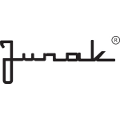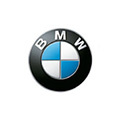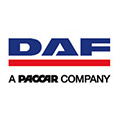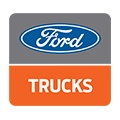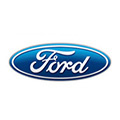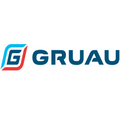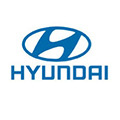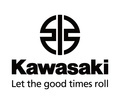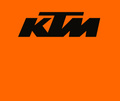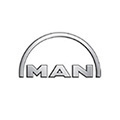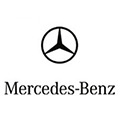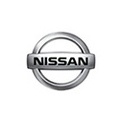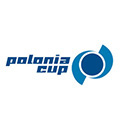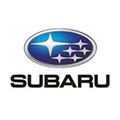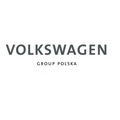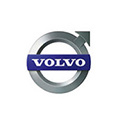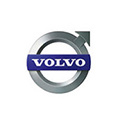07_TNS Auto Leads 2017 – how do dealerships respond to e-mail?
Another year in a row, the Kantar TNS Automotive team decided to look at how dealerships respond to e-mail leads from prospective customers. The dealers’ websites encourage all visitors to leave their contact data and/ or send an online query, as a means of drawing them in to the dealerships.
On the other hand, the ROPO (research online, purchase offline) phenomenon is becoming increasingly common - consumers research product information online, and make their final purchase offline. Juxtaposing both sides, along with their needs, we can see that automotive brands and their dealers are making a considerable effort to draw prospective customers to their dealerships, whereas customers want to find as much info as possible online, and only having analysed it do they arrive at the dealership to make the purchase. So let’s try to answer the question whether dealers are actually ready to encourage prospective customers to visit their premises by initiating contact online?
Kantar TNS has been trying to answer this question by conducting the TNS AutoLeads study a second year in a row. Within the scope of the project, in April and May this year we sent out e-mails requesting car sales offers from 1348 dealerships of 26 brands. The enquiries asked for offers for the respective brands’ most popular model (fitted with mid-level equipment), whereas the messages themselves were worded so as to allow all dealerships to prepare a sales offer.
Unfortunately, this year's findings were devastating, with close to 35% of the leads remaining unanswered. This is 3 percentage points below last year’s results. So is it possible that favourable market conditions resulted in part of the online customers being ignored altogether?
In most cases, prospective customers of French automotive brands were the most likely to receive a response: Citroen: 84.5%, Peugeot 84.2%, and Renault 81.2%. The subsequent positions in the ranking were occupied by Volkswagen (71.4%), KIA (70.5%), and Mitsubishi (70,0%). If we look at the ranking from a different point of view, it reveals that there are as many as 11 brands on the market whose sales staff don’t even bother to answer one in two incoming email leads.
This year, as many a 9% of responses from the dealerships contained requests for telephone contact rather than an actual answer to the customers' enquiries. What needs to be emphasised at this point is that, in all cases, contact with the customer is supposed to be maintained via the channel that the customer selected. After all, it is the customer who decides which form of communication is the most convenient for them.
If we analyse solely the answers that the dealerships actually provided, we can see some improvement on last year's results. It needs to be emphasised that if a dealership responds to a customer’s inquiry at all, they do that relatively quickly. More than half (53.1%) of the dealerships answer within 4 business hours, and if we extend this period to 8 hours, we will see that more than ¾ of the answers are processed in this time.
The answers were also analysed in terms of their content, with focus on such elements as: courtesy phrases at the beginning and end of the message, invitation to visit the dealership or to have a test drive, information about financing, the opportunity to trade in the customer’s old vehicle, or the appearance of the message itself (text formatting, no errors, etc.). Peugeot (88.8%), Citroen (88.3%), and KIA (84.5%) sales staff did the best in this area. Interestingly, both PSA brands did perfectly well with regard to the responses they provided, as well as to the content thereof. In this respect, findings from last year’s measurement are in line with the current one.
The subsequent positions in the ranking were occupied by Seat (82,4%), Renault (81,2%), and Mitsubishi (80,8%), with dealerships that provided only slightly more than half of the expected information in response to the leads we sent ending up at the far end of the ranking. The question is if such answers meet their purpose at all, and if they can successfully draw prospective customers to dealership.
The study has revealed that not all dealerships are ready to meet the consumers' needs, and that brands fail to tap into the potential that lies in electronic communication despite the fact that they are making considerable investments in securing leads.
Feel free to contact us:
Karolina Wetoszka – Head Mystery Shopper research team at the Kantar TNS Automotive Practice.
karolina.wetoszka@tnsglobal.com



